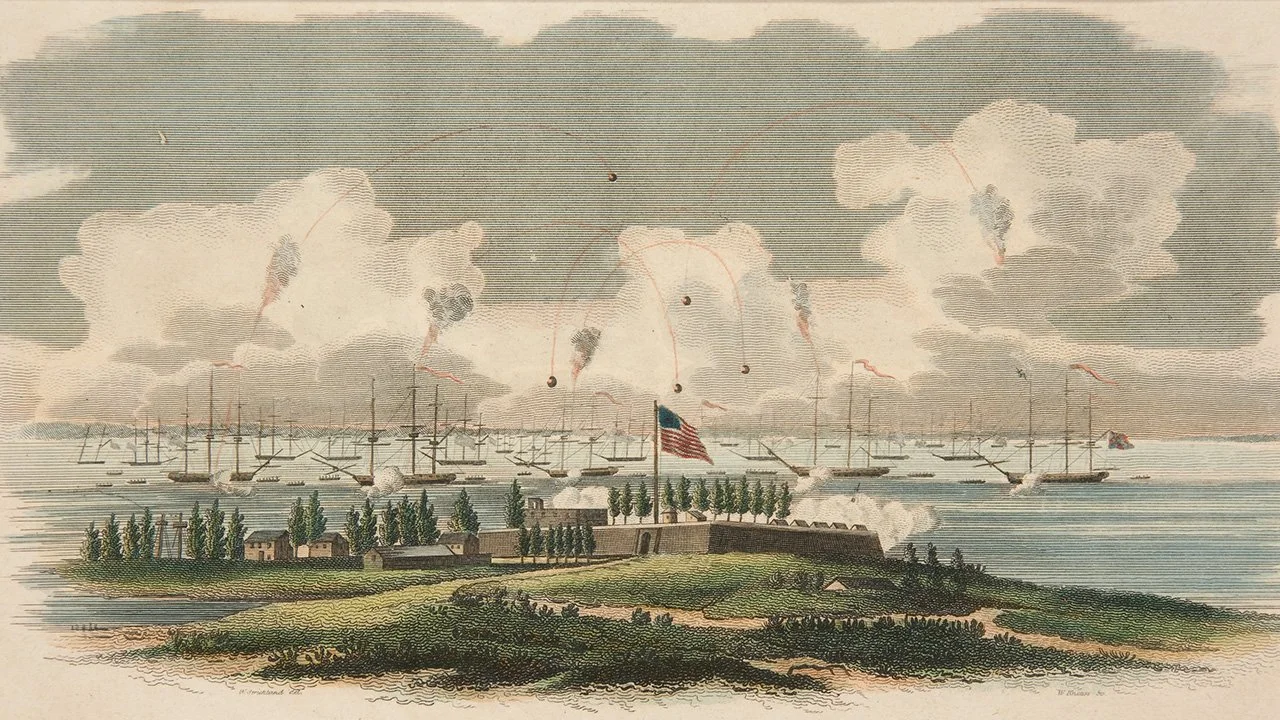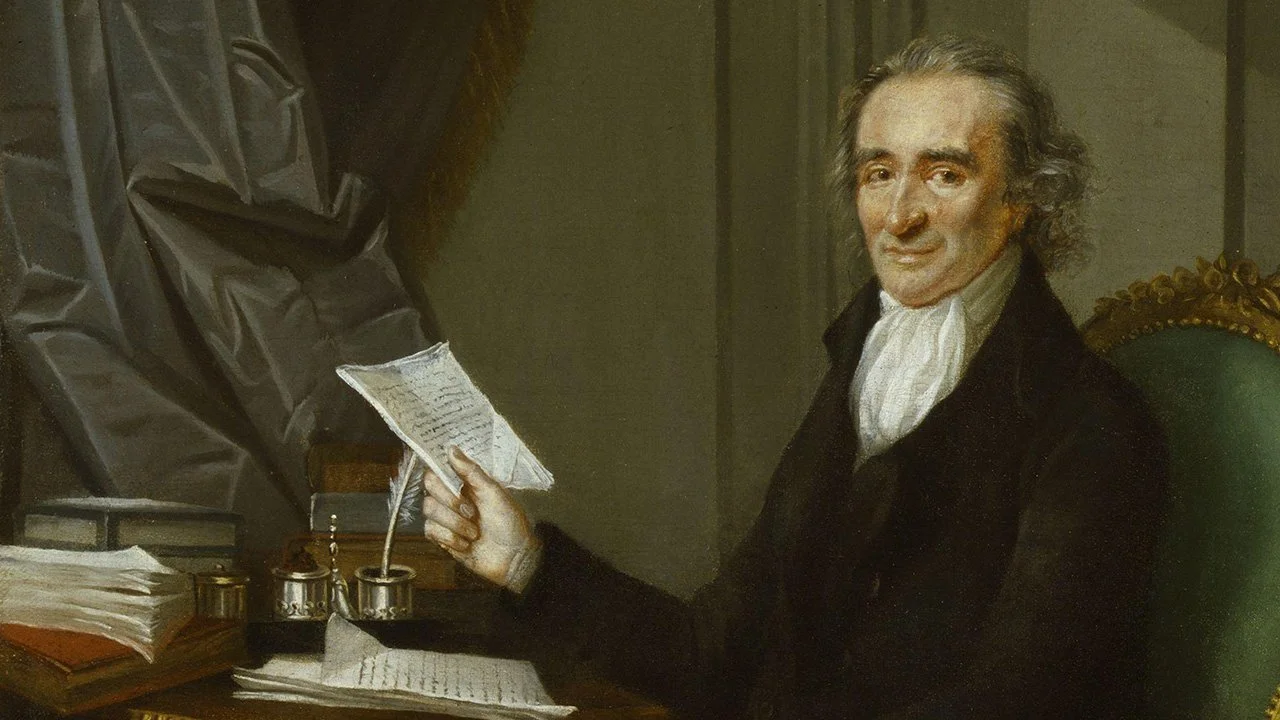The Legacy of Daniel Boone
After serving in the American Revolution as a captain in the Virginia militia, Daniel Boone was quite successful, serving in the Virginia General Assembly and being promoted to colonel in the militia. However, civilization soon got the better of Boone, and losses from his business dealings forced him to sell off all his Kentucky lands.
The Early Life of Daniel Boone
Daniel Boone was one of the greatest American explorers from our founding era. Born in 1734 in southeastern Pennsylvania, his family moved to North Carolina in 1750, where he joined the local militia and participated in the ill-fated Braddock expedition at the Battle of the Monongahela. In 1756, Boone married Rebecca Bryan, with whom he raised 10 children. He spent the next decade ranging far and wide into the Appalachians, getting his first glimpses of Kentucky and honing his mountain skills.
Ben Franklin Works Towards Independence
In the decade preceding the American Revolution, Ben Franklin worked to reconcile differences between England and her American colonies. Franklin’s position began to change after John Dickinson published a series of articles entitled Letters from a Farmer in Pennsylvania. Disillusioned with King George’s policies, Franklin left England for America in March 1775. After arriving home, Pennsylvania chose Franklin as a delegate to the Second Continental Congress, then convening in Philadelphia.
Ben Franklin, British America’s Most Successful Printer
Ben Franklin got his first taste of the printing business in 1718 when he turned twelve and entered an apprenticeship at his brother’s Boston newspaper, The New-England Courant. He would eventually own eight of the fifteen newspapers in the American colonies, making him one of the richest men in America.
The History of America's Flag
The American flag was born on June 14, 1777, when Congress passed the original Flag Act which read, “Resolved, That the flag of the thirteen United States be thirteen stripes, alternating red and white, that the union be thirteen stars, white in a blue field, representing a new constellation.”
Loyalists Pay Heavy Price During Revolution
During the American Revolution, roughly one quarter of colonists did not want to separate from England. From their perspective, life in the English colonies of North America was relatively good. They believed in their rights as deeply as the most devoted Patriot, but rebelling against their king was a line they would not cross.
Patriots, Loyalists and America’s First Civil War
The debate over declaring the colonies’ independence from England was intense and emotional. Those who felt we should remain loyal to the King believed just as deeply as those who thought we must go our own way. There was no middle ground and Americans were forced by extremists to choose a side.
Americans Divide Over Independence
In some ways, the American Revolution was the most bitter event in our nation’s history. While the Civil War split the nation in two, it was a conflict between two regions of the country, the slave holding south and the northern free states. In contrast, our Revolution was a more personal civil war, fought locally, often with neighbors fighting neighbors.
Flags of the American Revolution
During America’s war for independence, our forefathers fought under hundreds of flags designed and hand-made by local militia groups and colonial regiments.
John Adams Negotiates Peace with England
In 1788, after serving as ambassador to England, John Adams sailed for home. For the previous ten years, this devoted patriot had been away from America for all but a few months. His tireless work with the Netherlands secured desperately needed funding for our revolution and the generous terms he obtained in the Treaty of Paris gave our young nation a chance at success.
John Adams, A Diplomat in Europe
John Adams retired from Congress in November 1777 but was soon appointed as a commissioner to France, marking the start of his diplomatic career. After two years in France, Adams, on his own initiative, set off for Amsterdam, the capital of the Netherlands, to secure recognition of American independence and obtain a desperately needed loan for the United States.
Thomas Paine’s Common Sense Inspires a Nation
To fully appreciate the novelty of Thomas Paine’s Common Sense, one must consider that all colonists had ever known was a dependency on England and a government run by the King. Now this 47-page pamphlet challenged them to consider separating from that powerful nation and replacing the King with something called a democracy.
Thomas Paine, An American Revolutionary
The two most influential books of the Revolutionary era were written by Thomas Paine, an immigrant from England. Common Sense and The American Crisis shaped the American mindset like nothing else.
John Adams Dominates Second Continental Congress
Through sheer force of will and a supremely convincing explanation of democratic government, John Adams almost single-handedly convinced the Second Continental Congress to unanimously approve our Declaration of Independence on July 4, 1776.
The Second Continental Congress Convenes
In 1775, despite the seemingly unavoidable conflict between the colonies and England, there was disagreement regarding our future relationship. Some, like John Dickinson, wanted to remain loyal to the King, some were undecided, and others, including John Adams, wanted to declare independence. Watch Americana Corner’s latest video and learn how the opening debates resulted in a last attempt at reconciliation, and why it still matters today.
John Adams Joins the Fight for Independence
By 1773, John Adams had established a prosperous legal practice and had a fine family. He believed differences with the Crown could be and should be worked out. But after the Boston Tea Party, and England’s response, Adams became committed to the cause of independence as one of Massachusetts’ representatives to the First Continental Congress.
John Adams, Boston’s Top Attorney
John Adams was one of the most respected attorneys in Boston. His highest profile case came in 1770 with the Boston Massacre trial. When no one else would take their case, Adams agreed to defend seven British soldiers accused of murdering five civilians who as part of a large mob had threatened the men.
John Adams Comes of Age
John Adams, one of America’s greatest Patriots, played an important role in allowing America to gain its independence from England. His upbringing in a Puritan home had tremendous impact on his fine character and straightforward manner so frequently displayed throughout his life.























